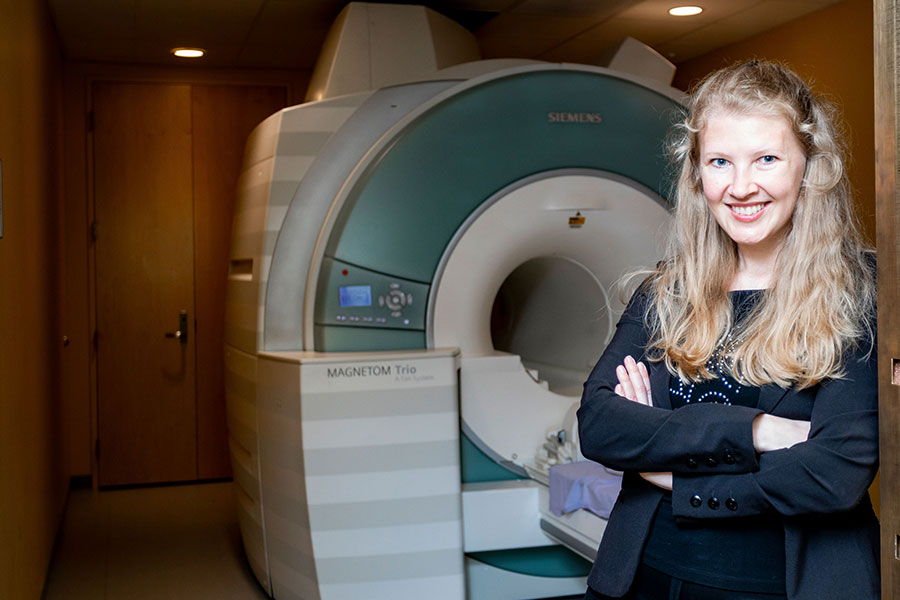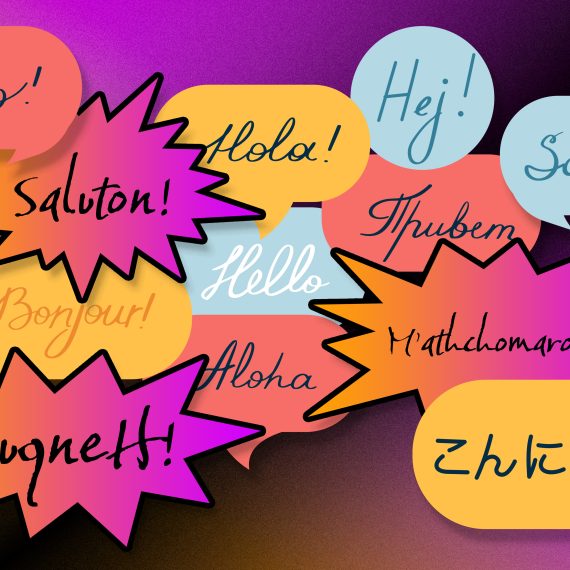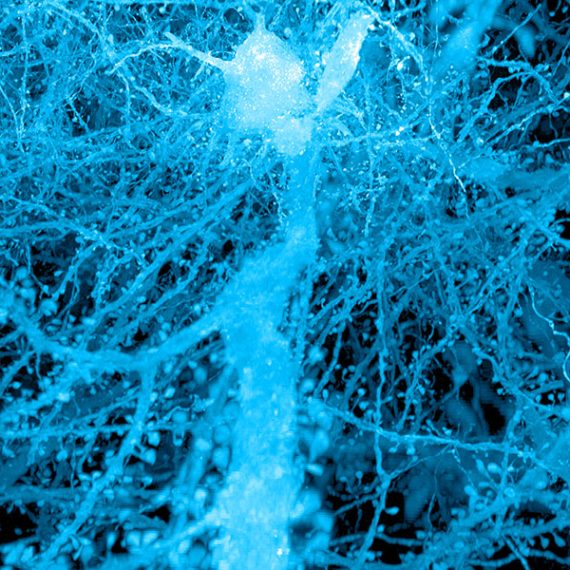Speaking many languages
Ev Fedorenko is exploring the mystery of how some people can fluently speak over a dozen languages.

When Fedorenko, an associate investigator at the McGovern Institute and assistant professor in the Department of Brain and Cognitive Sciences at MIT, came to the field, neuroscientists were still debating whether high-level cognitive skills such as language, are processed by multi-functional or dedicated brain regions. Using fMRI, Fedorenko and colleagues compared engagement of brain regions when individuals were engaged in linguistic vs. other high level cognitive tasks, such as arithmetic or music. Their data revealed a clear distinction between language and other cognitive processes, showing that our brains have dedicated language regions.
Here is my basic question. How do I get a thought from my mind into yours?
In the time since this key study, Fedorenko has continued to unpack language in the brain. How does the brain process the overarching rules and structure of language (syntax), as opposed to meanings of words? How do we construct complex meanings? What might underlie communicative difficulties in individuals diagnosed with autism? How does the aphasic brain recover language? Intriguingly, in contrast to individuals with linguistic difficulties, there are also individuals that stand out as being able to master many languages, so-called hyperpolyglots.
In 2013, she came across a young adult that had mastered over 30 languages, a prodigy in languages. To facilitate her analysis of processing of different languages Fedorenko has collected dozens of translations of Alice in Wonderland, for her ‘Alice in the language localizer Wonderland‘ project. She has already found that hyperpolyglots tend to show less activity in linguistic processing regions when reading in, or listening to, their native language, compared to carefully matched controls, perhaps indexing more efficient processing mechanisms. Fedorenko continues to study hyperpolyglots, along with other exciting new avenues of research. Stay tuned for upcoming advances in our understanding of the brain and language.




